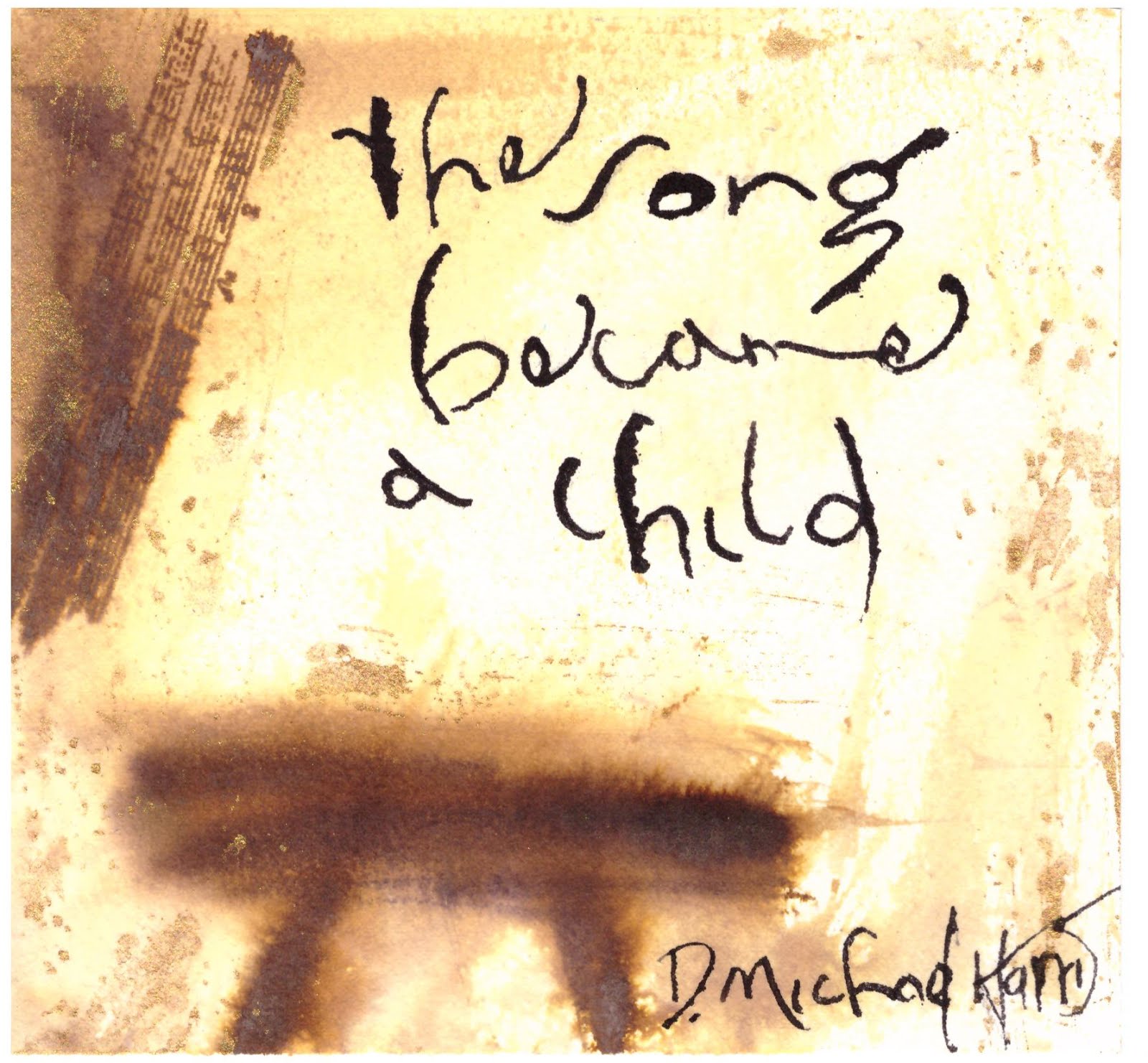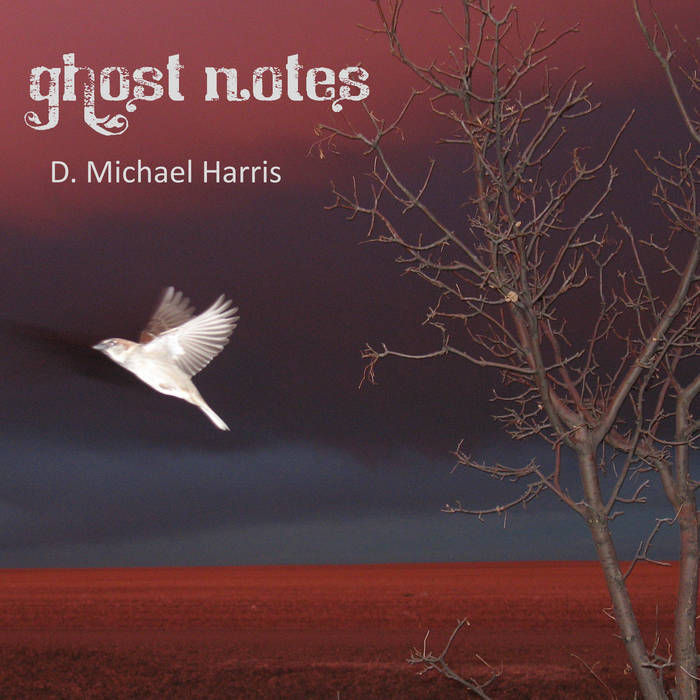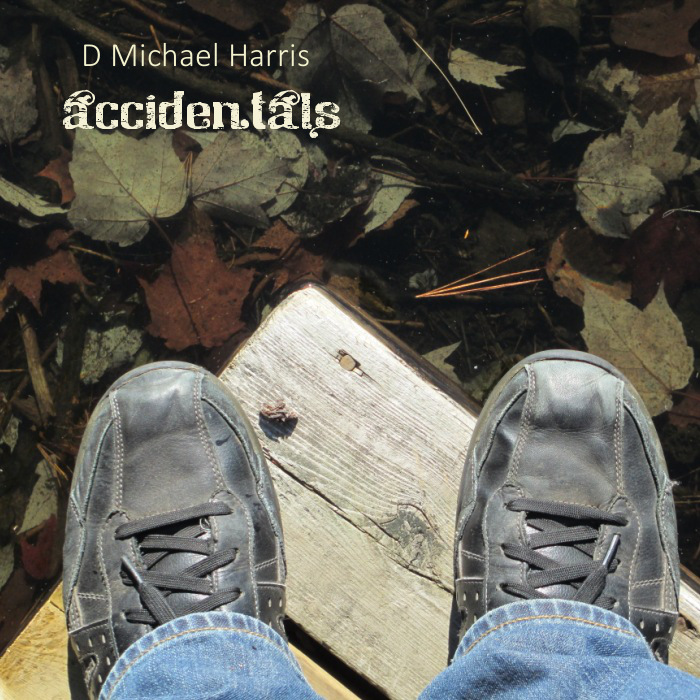On the one hand, there are enough tracks in the U2 catalogue that explicitly refer to God, Christ, the Church, or passages of Scripture, that you could easily make the case that Bono and the Lads are about as Christian as you could expect a chart-topping supergroup to be. In “Still Haven’t Found What I’m Looking For,” Bono declares it boldly that he “believes in Kingdom Come,” and (presumably) that Jesus “carried the cross of all [his] shame.” Similarly, in “When Love Comes to Town,” he confesses that “[he] was there when they crucified my Lord.” In “Until the End of the World,” he imagines the Last Supper through the eyes of Judas, and in “Sunday Bloody Sunday” he sings about "[claiming] the victory Jesus won.” And the list goes on: he asks God to take his soul and make it sing, in “Yahweh”; he extols grace as a “thought that changed the world” in “Grace.”
On the other hand, however, the band has always been somewhat aloof about their faith, and many of their songs reveal a deep ambivalence towards matters religious. In “Peace on Earth,” Bono asks ironically if Jesus can’t take the time to throw a drowning man a line. In “For the First Time,” he talks about leaving “his Father’s mansion, where there are many rooms to see,” sneaking out the back door and throwing away the key. In Pop’s “Wake Up Dead Man,” he sings about being alone and helpless in God’s abandoned world, and in “If God Will Send His Angels” he wonders out loud if God’s got his phone of the hook, and if he’d even pick up if he could.
So there are two definite sides to the coin that is “U2’s Christianity.” They’re the type of band that can put Psalm 40 to music so evocatively (in their 1981 masterpiece, “40”), so evocatively, indeed, that Contemporary Christian artists wouldn't hesitate to include it in a worship set (as Michael W. Smith did in 2002); yet they’re also the kind of band that can put out a song imagining the world through the eyes of a psychotic killer (their 1987 “Exit”), and sing about going out “to taste and to touch, and to feel as much as a man can before he repents” (as they did in 1993’s “The Wanderer”).
In the tight-laced youth group that I spiritually came of age in, back in the 80s and 90s, this ambivalence made U2 suspect. They were safe listening, compared to Motley Crue or Ozzy Osbourne, but they were still somewhat dubious, as far as “Christian rock” went. Their music was a bit too secular to be sacred.
Youth group leaders have a lot of stake-holders to keep in mind when they make musical recommendations to their charges, so perhaps the very tentative endorsements my leaders gave U2 back then were justified. I don’t know. From a theological perspective, though, there is something deeply and profoundly Christian, I think, in the ease with which U2 seems to belong in both worlds, the sacred and the secular.
In his masterful treatise on Christian Ethics, Deitrich Bonhoeffer writes about the implications of the Incarnation and the Resurrection, when it comes to the human tendency to divide the world into sacred and secular spheres. If it is true, Bonhoeffer suggests, that in Christ God really has brought together His divine life with our human life, then there can no longer be any real division between the sacred and the secular. Because of the person and work of Christ, he says, it is no longer possible to think "in terms of two spheres,” the divine and the worldly, the holy and the profane, the Christian and the un-Christian; for the believer, now, there is only the single reality of the world reconciled to God in Christ.
“Whoever professes to believe in the reality of Jesus Christ, as the revelation of God,” he writes, “must in the same breath profess his faith in both the reality of God and the reality of the world; for in Christ he finds God and the world reconciled” (Ethics, p. 198). In another place, he makes these two realities inseparable, claiming that:
In Christ we are offered the possibility of partaking in the reality of God and in the reality of the world, but not in the one without the other. The reality of God discloses itself only by setting me entirely in the reality of the world, and when I encounter the reality of the world it is always already sustained, accepted and reconciled in the reality of God. (Ethics, p. 193).This is a truth, I think, that contemporary Christians, especially evangelicals, often fail to grasp. Despite the claims of the Gospel, still, we tend to think in terms of “two realities”—the one, claimed and explicitly devoted to Christ, the other opposed or turned away from him. If Bonhoeffer is on to anything, however, the “reality” that seems, ostensibly, opposed to God, is still, in Christ, claimed by him and destined for redemption. Christians cannot abandon it as irredeemably secular, and, indeed, by manifesting the presence of Christ in that sphere which is, to all appearances, god-forsaken, we evidence the fullest truths of the Gospel: that Jesus is the true Lord of the whole world, sacred and secular alike.
This is easier said than done, though. I don’t personally think that “manifesting the presence of Christ in the secular sphere” means simply plastering John 3:16 bumper stickers on your car and wearing your Jesus Saves T-Shirt everywhere you go. I think, rather, it means embracing the world with all its foibles, failures and fractures as precious to God, viewing it empathetically with the eyes of Christ, and responding to it compassionately as a “reality” that Christ came to love and died to redeem to himself.
What this looks like in practical terms is hard to describe, because it depends entirely on each believer’s individual context. If you wanted to image what it sounds like, though, to reunite the sacred and the secular in Christ, you could take a listen to any number of U2 songs that attempt to do just that, from the one about the girl with crimson nails swinging Jesus round her neck, to the one about an invisible ultraviolet light that illuminates the world, whose love is “like a secret that’s been passed around.”
Maybe learning to see the world the way the best of U2's lyrics describe it, could be a first step towards experiencing the fullest meaning of the Gospel: that God was in Christ reconciling the World to Himself.



























